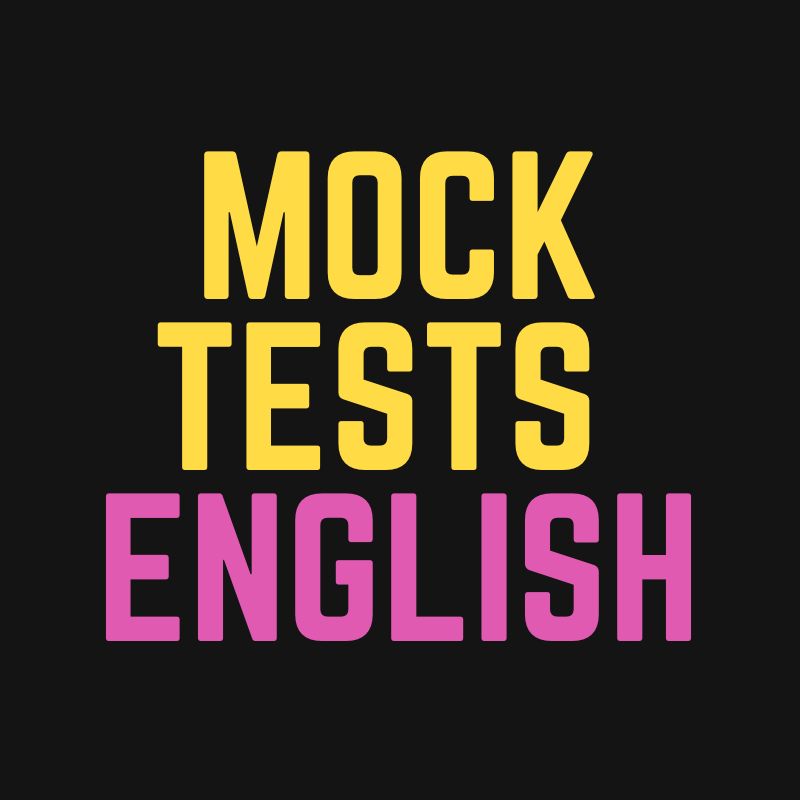The leaders or directors of organizations are often older people. But some people say that young people can also be a leader. Do you agree or disagree?
Leadership roles in organizations are often held by older individuals due to their extensive experience and maturity. However, there is a growing belief that young people can also excel as leaders. I strongly agree with this view, as youth bring unique qualities and perspectives that can complement traditional leadership.
Firstly, young leaders often possess innovative ideas and adaptability. They are usually more familiar with modern technologies and trends, which are critical in today’s fast-changing world. For instance, many successful tech companies, such as those in the startup industry, are led by young entrepreneurs who leverage their creativity and fresh perspectives to disrupt conventional practices. This ability to think outside the box is especially valuable in industries where innovation drives success.
Secondly, younger leaders tend to have a strong drive and energy to take risks and implement change. They are often more open to experimenting with new strategies and approaches, which can invigorate an organization and lead to growth. Furthermore, young leaders are better equipped to connect with younger employees, fostering better communication and understanding in increasingly diverse workplaces.
However, it is important to acknowledge that experience and wisdom, often associated with older leaders, are crucial for navigating complex challenges. Therefore, the ideal scenario is a balanced approach where older and younger leaders collaborate, combining experience with innovation.
In conclusion, while older leaders bring valuable experience, young people can also excel in leadership roles due to their creativity, adaptability, and energy. Encouraging diversity in leadership is essential for organizations to thrive in a rapidly evolving world.
•Leadership roles – positions of authority and responsibility.
•Extensive experience – a deep and broad range of knowledge or skills.
•Modern technologies – advanced tools and systems used in contemporary contexts.
•Fresh perspectives – new and unique ways of thinking.
•Drive and energy – motivation and enthusiasm for achieving goals.
•Diverse workplaces – organizations with employees from various backgrounds.
•Innovative ideas – creative and original thoughts or concepts.
•Take risks – embrace uncertainty to achieve success.
•Fostering communication – encouraging effective information sharing.
•Balanced approach – combining different strategies for optimal results.
